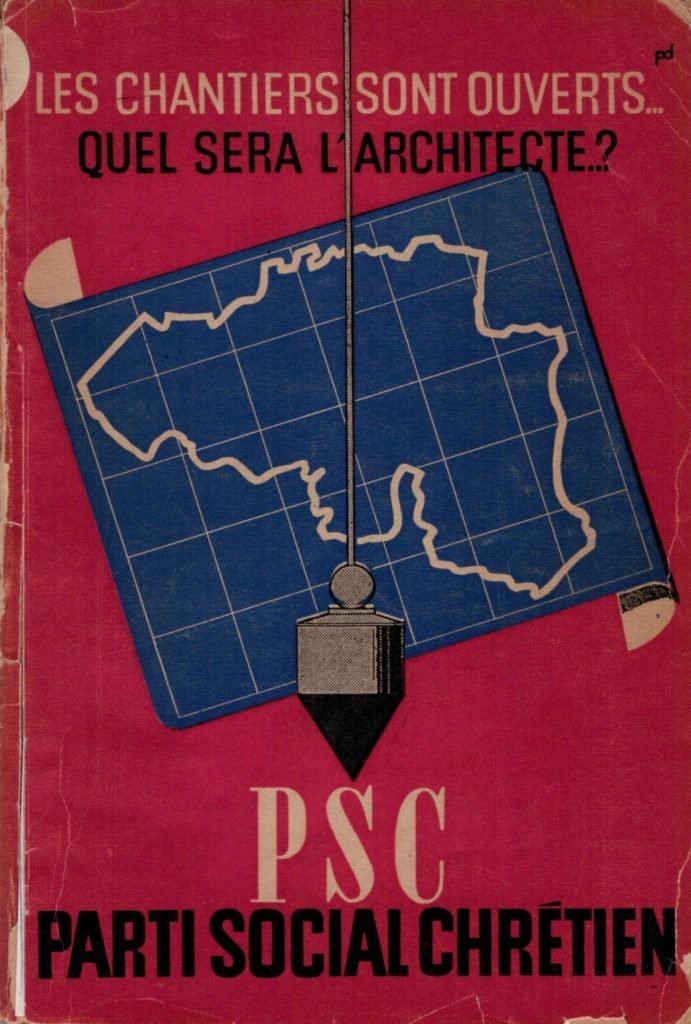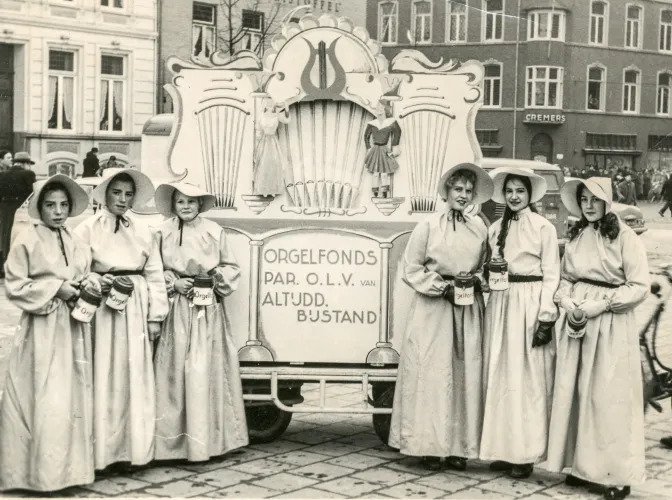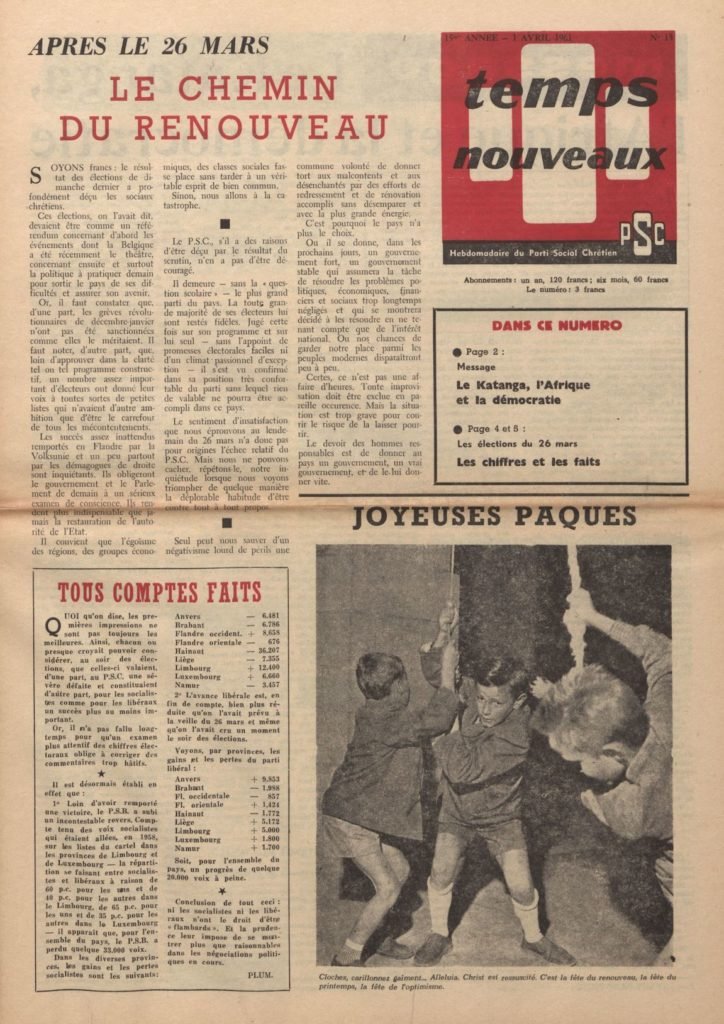
BVNG
De Belgische Vereniging voor Nieuwste Geschiedenis (BVNG) verenigt de Vlaamse, Brusselse en Waalse universiteiten en archief- en onderzoeksinstellingen. Zij heeft als doel het wetenschappelijk onderzoek in de Nieuwste Geschiedenis te bevorderen en vormt een contactpunt voor al wie actief is in dit domein. De BVNG informeert haar leden over het actuele onderzoek, faciliteert de contacten en kennisuitwisseling tussen (jonge) onderzoekers en biedt een forum voor kritische reflectie over nieuwe trends in de onderzoekswereld. Op die manier wil zij de stem zijn van een open en dynamische wetenschap.
Contemporanea
Vorige nummers
Huidig nummer
#01 / 2025

Aankondigingen
Call for papers
Op 01/05/2025

Call for Papers for Trajecta Conference 2025: Between Money and God
Call for papers
Op 05/04/2024
Call for Papers: Activists in Exile. Gender, Political Commitment and Migration in the Twentieth Century
Congres
Op 11/09/2024

Pathways to Empire? Belgian Global Expansion 1830-1930
Geen nieuwe aankondigingen

